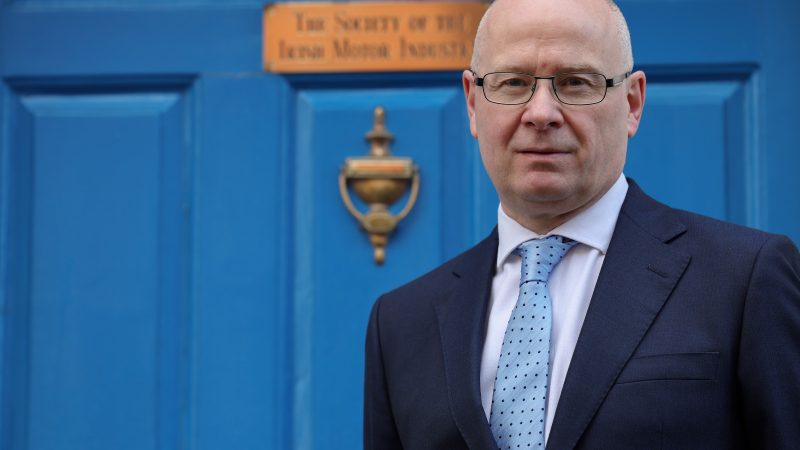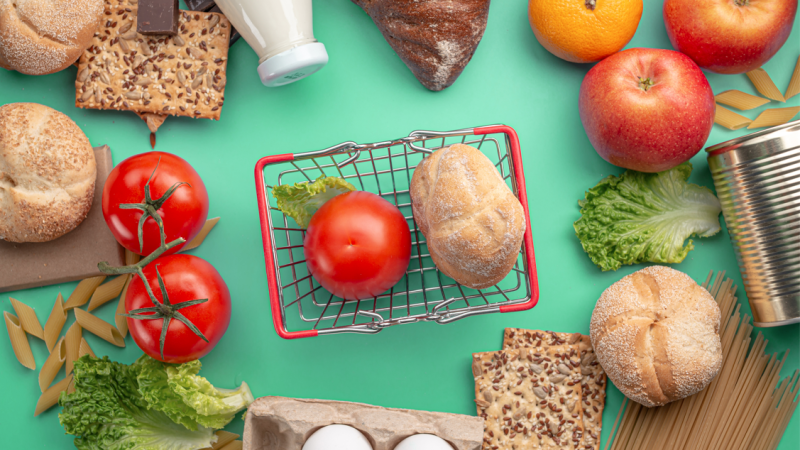According to Drinks Ireland|Spirits, 2020 was the first year in which Irish gin sales declined, due to the pandemic. Between 2014 and 2020, the category had grown by 184%.
There are now at least 37 distilleries on the island of Ireland producing Irish gin, with more than 70 brands.
As customers return to restaurants and bars following the easing of Covid-19 restrictions, and global travel recovers, the body said it expects the category to return to pre-pandemic levels over time.
“The Irish Gin sector has grown extremely quickly in recent years, driven by innovative and ambitious producers and brand owners, dedicated to creating quality and authentic products,” said David Boyd-Armstrong, Chairman of the Drinks Ireland|Spirits’ Irish Gin working group, and Joint Founder and Head Distiller of Rademon Estate Distillery, which creates Shortcross Gin.
“Our strategy will enable the industry to take advantage of the opportunities in the domestic and international market and face the various challenges ahead,” he added.
He said a key part of the strategy focuses on protecting the Irish gin category.
“We will be working to seek the introduction of rules covering the marketing and labelling of Irish gin in Northern Ireland and the rest of the UK to ensure consumers know what they are buying,” he said.
Currently, Ireland is the dominant market for Irish gin, but the strategy puts a heavy focus on driving export growth – earmarking the UK, USA, Germany, Canada as the key targets in the coming years. Asia has also been identified as a target market.
Vincent McGovern, Director of Drinks Ireland|Spirits said a new strategy was needed to ensure the sector can recover from Covid-19 and grow in the years ahead.
“Irish gin has been a true national success story in recent years,” he said.
“Our members employ dozens of people across both urban and rural Ireland producing this much-loved spirit and exporting to markets across the globe,” he added.








